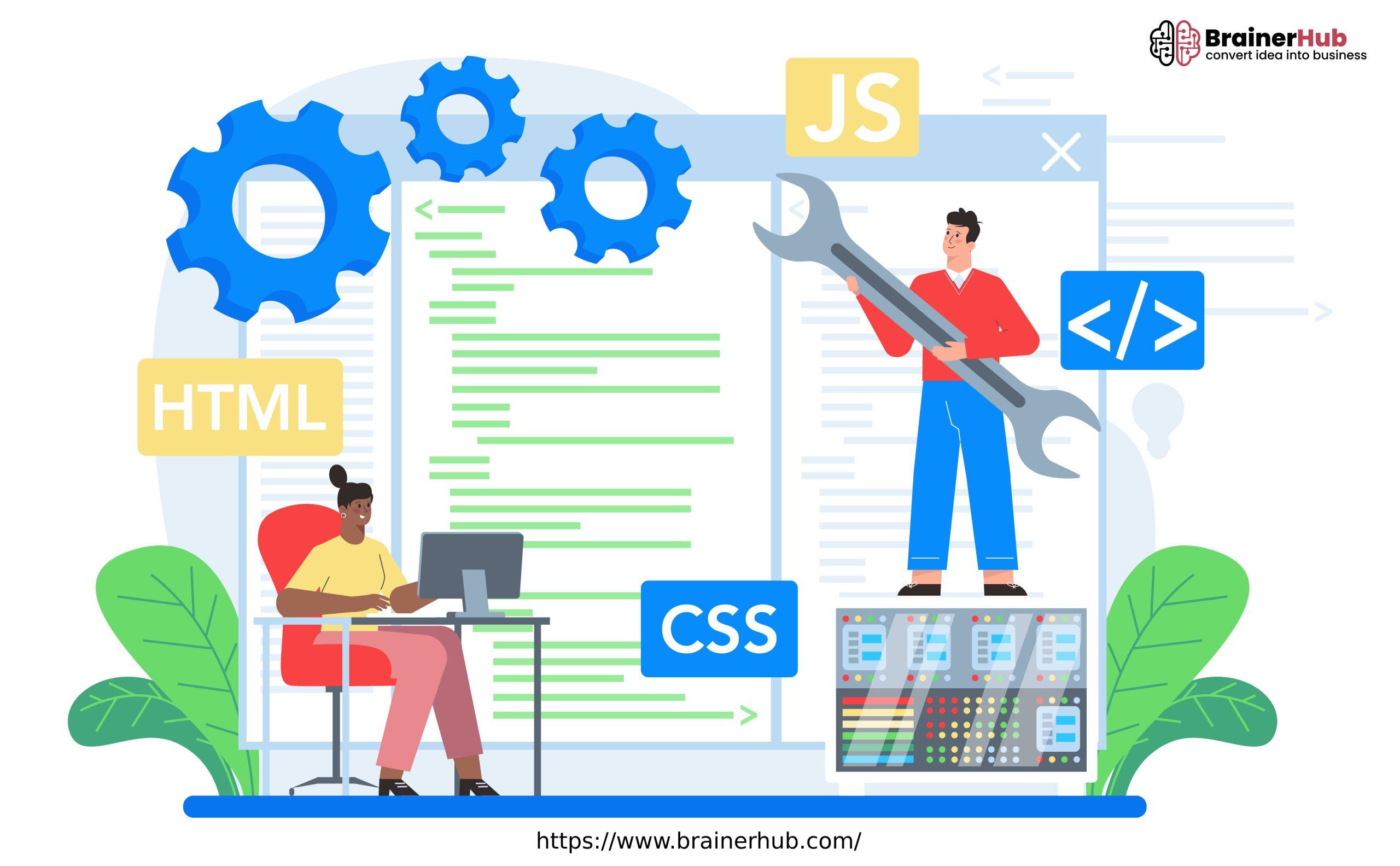Certainly! Below is a comparison of Django and Node.js in a table format:
| Feature | Django | Node.js |
| Language | Python | JavaScript |
| Framework/Platform | High-level Python web framework | JavaScript runtime environment |
| Strengths | – Batteries-included framework | – Non-blocking, event-driven architecture |
| – Strong community support | – Vast ecosystem of packages via npm | |
| – Well-suited for complex applications | – Full-stack JavaScript development | |
| Weaknesses | – Less flexibility in real-time apps | – Callback management complexities |
| – Asynchronous programming not native | – Inconsistency in project structures | |
| Best Suited For | Rapid development, complex applications | Real-time applications, high scalability |
| Team Expertise | Python proficiency | JavaScript proficiency |
This table provides a concise overview of the key features, strengths, weaknesses, and suitability of Django and Node.js for web development projects.
The choice between Django and Node.js for Web Application Development depends on various factors such as project requirements, familiarity with the technology stack, scalability needs, team expertise, and personal preference. Let’s compare the two
Django
Language: Python, known for its readability and simplicity, is used with Django.
Strengths
Batteries-included: Django comes with a plethora of built-in features, including an ORM (Object-Relational Mapper), authentication system, admin interface, and templating engine, which can accelerate development.
Strong community support and extensive documentation.
Well-suited for complex applications and projects that require scalability and security.
Weaknesses
Asynchronous programming support is not as native compared to Node.js.
Less flexibility compared to Node.js in terms of handling real-time applications and non-blocking I/O operations.
Node.js
Platform: Node.js is a JavaScript runtime built on Chrome’s V8 JavaScript engine, allowing developers to write server-side applications in JavaScript.
Strengths
Non-blocking, event-driven architecture makes it well-suited for real-time applications and handling a large number of concurrent connections.
Vast ecosystem of packages available through npm (Node Package Manager).
Full-stack JavaScript development enables code sharing between the client and server-side, enhancing productivity and maintainability.
Weaknesses
Callback hell: Managing asynchronous code can become complex, although this can be mitigated with modern approaches like Promises, async/await, or using libraries like async.js.
Node.js is not as opinionated as Django, which can lead to inconsistency in project structures and practices without careful management.
Which is better?
For Rapid Development: Django is often preferred due to its built-in features and convention over configuration approach.
For Real-time Applications: Node.js shines with its event-driven, non-blocking nature, making it ideal for applications requiring real-time updates or handling a large number of concurrent connections.
For Team Expertise: If your team is more proficient in Python, Django might be the better choice. Conversely, if they’re more experienced with JavaScript, Node.js might be preferred.
For Ecosystem and Scalability: Node.js, with its vast ecosystem and asynchronous capabilities, may be more suitable for projects with high scalability requirements.
Ultimately, the “better” option depends on your project’s specific needs, the skill set of your team, and your preferences as a developer. Both Django and Node.js are powerful tools with their own strengths and weaknesses.
Different between Django and Node.js
Certainly! Here’s a breakdown of the main differences between Django and Node.js
Language and Platform:
Django: It is a high-level Python web framework.
Node.js: It is a JavaScript runtime built on Chrome’s V8 JavaScript engine.
Concurrency Model:
Django: Primarily follows a synchronous programming model.
Node.js: Utilizes an event-driven, non-blocking I/O model, making it suitable for handling many concurrent connections.
Architecture:
Django: Follows a traditional, synchronous request-response cycle.
Node.js: Employs an event-driven architecture, allowing for asynchronous handling of requests and real-time capabilities.
Community and Ecosystem:
Django: Has a strong and mature community with extensive documentation and a wide range of third-party packages available.
Node.js: Boasts a vast ecosystem of npm packages and libraries, contributing to its popularity and versatility.
Development Philosophy:
Django: Emphasizes “batteries-included” approach, providing a comprehensive set of features out-of-the-box to facilitate rapid development.
Node.js: Offers flexibility and freedom, allowing developers to choose from a variety of tools and libraries to build applications tailored to their specific needs.
Performance:
Django: Known for its stability and reliability but may face challenges in handling high concurrency due to its synchronous nature.
Node.js: Generally offers high performance and scalability, particularly for real-time applications and those requiring asynchronous I/O operations.
Learning Curve:
Django: Requires proficiency in Python Developers and follows a more structured and opinionated approach, which can be beneficial for beginners.
Node.js: Requires knowledge of JavaScript and may have a steeper learning curve for developers new to asynchronous programming concepts.
Use Cases:
Django: Well-suited for developing complex, data-driven applications, content management systems, and APIs.
Node.js: Ideal for building real-time applications, RESTful APIs, microservices, and applications requiring high concurrency.
Overall, the choice between Django and Node.js depends on factors such as project requirements, developer expertise, performance considerations, and scalability needs. Both Django and Node.js are powerful tools with their own strengths and weaknesses, and the decision should be based on the specific goals and constraints of the project.






